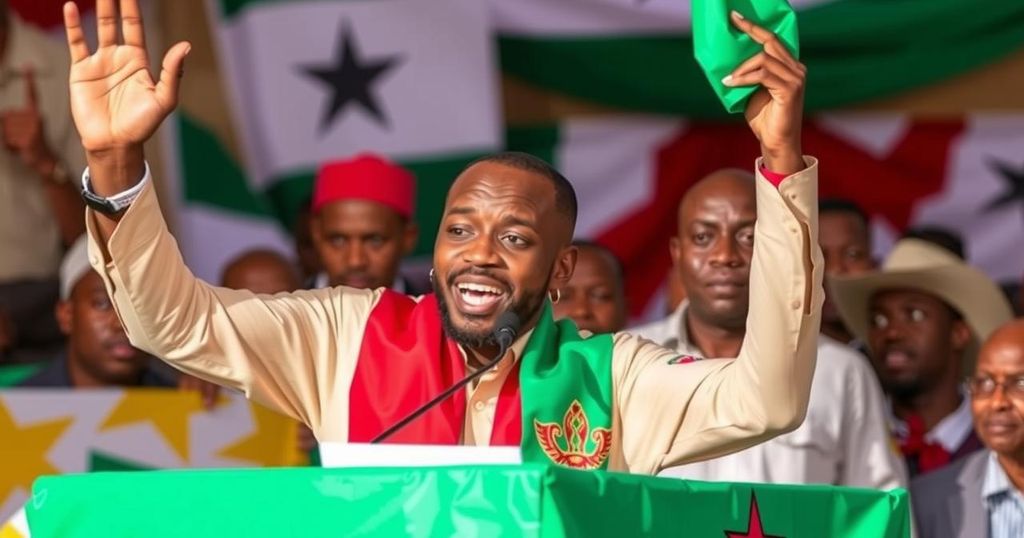Chad’s Ruling Party Secures Majority Amid Opposition Boycott in Elections
Chad’s ruling party won a substantial majority in recent parliamentary elections, despite a boycott by major opposition parties. The Patriotic Salvation Movement secured 124 out of 188 seats, solidifying President Mahamat Idriss Déby’s rule. The elections, the first in over ten years, were criticized by the opposition, which termed the process a sham. Voter turnout was recorded at 51.5%, amidst ongoing security concerns in the nation.
In the recent parliamentary elections held in Chad, the ruling Patriotic Salvation Movement (MPS) significantly increased its power by winning 124 out of 188 seats, amidst a boycott by key opposition parties. This election, marking the first parliamentary vote in over a decade, is seen as a critical step in consolidating President Mahamat Idriss Déby’s authority, who has been in power since taking military control following his father’s death. The electoral commission reported a voter turnout of 51.5% despite the discontent expressed by opposition groups, which decried the elections as a mere charade. The boycott by more than ten parties, including the prominent Transformers party, has raised concerns about the legitimacy of the electoral process. What remains to be seen is how this outcome will influence Chad’s ongoing security challenges and its trajectory towards decentralization and democracy.
Chad has experienced political upheaval following the death of long-time president Idriss Déby Itno, after which his son, Mahamat Idriss Déby, assumed control as a military leader. The recent parliamentary elections, the first in over a decade, were positioned as a critical phase in transitioning to a democratically elected government. However, with a significant portion of the opposition rejecting the validity of the elections, the integrity of this transition remains under scrutiny, especially given the historical context of authoritarian governance and electoral disputes in the nation.
The victory of the ruling Patriotic Salvation Movement in Chad’s parliamentary elections, despite the opposition boycott, indicates a consolidation of President Mahamat Idriss Déby’s power. This development could hinder the prospects for genuine democratic reforms, as significant opposition voices have dismissed the elections as unrepresentative. As Chad faces security challenges and seeks to decentralize governance, the efficacy and legitimacy of its political processes will be critically observed by both domestic and international entities.
Original Source: www.rfi.fr




Post Comment